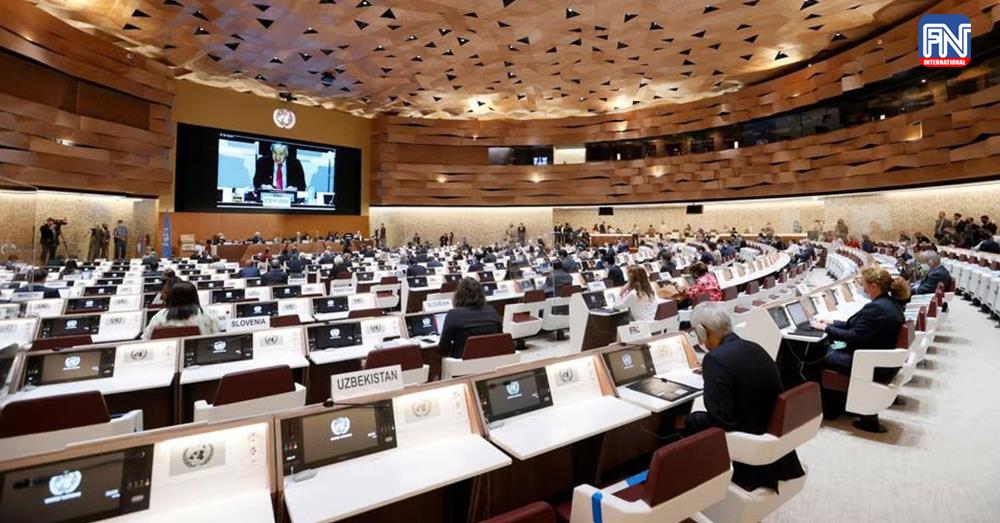UNITED NATIONS, April 26 (Reuters) - The U.N. Security Council is set to vote on Thursday to condemn a ban on Afghan women working for the United Nations in Afghanistan and call upon the Taliban administration to "swiftly reverse" its crackdown on the rights of women and girls.
The resolution to be voted on - drafted by the United Arab Emirates and Japan and seen by Reuters - describes the ban as "unprecedented in the history of the United Nations" and asserts "the indispensable role of women in Afghan society."
Diplomats said it is expected to be adopted. The draft resolution says the ban on Afghan women working for the United Nations "undermines human rights and humanitarian principles."
UAE U.N. Ambassador Lana Nusseibeh said the restrictions "could jeopardize the operations of the U.N. in Afghanistan as a whole" and that the Security Council could not stay silent.
"The challenges in Afghanistan are multifaceted and must also be addressed," she said. "But what is clear is that without women, the dire situation in the country cannot be addressed sustainably."
The Security Council will vote days before a planned international meeting in Doha on May 1-2 on Afghanistan. U.N. Secretary-General Antonio Guterres will convene behind closed doors special envoys on Afghanistan from various countries to work on a unified approach to dealing with the Taliban.
Earlier this month the Taliban began enforcing the ban on Afghan women working for the U.N. after stopping most women working for humanitarian aid groups in December. Since toppling the Western-backed government in 2021, they have also tightened controls on women's access to public life, including barring women from university and closing girls' high schools.
The Taliban says it respects women's rights in accordance with its strict interpretation of Islamic law. Taliban officials said decisions on female aid workers are an "internal issue."
The draft resolution also recognizes the need to address substantial challenges facing Afghanistan's economy, including through using assets belonging to Afghanistan's Central Bank for the benefit of the Afghan people.
The United States froze billions of the bank's reserves held in the U.S. and later transferred half of the money to a trust fund in Switzerland overseen by U.S., Swiss and Afghan trustees.
